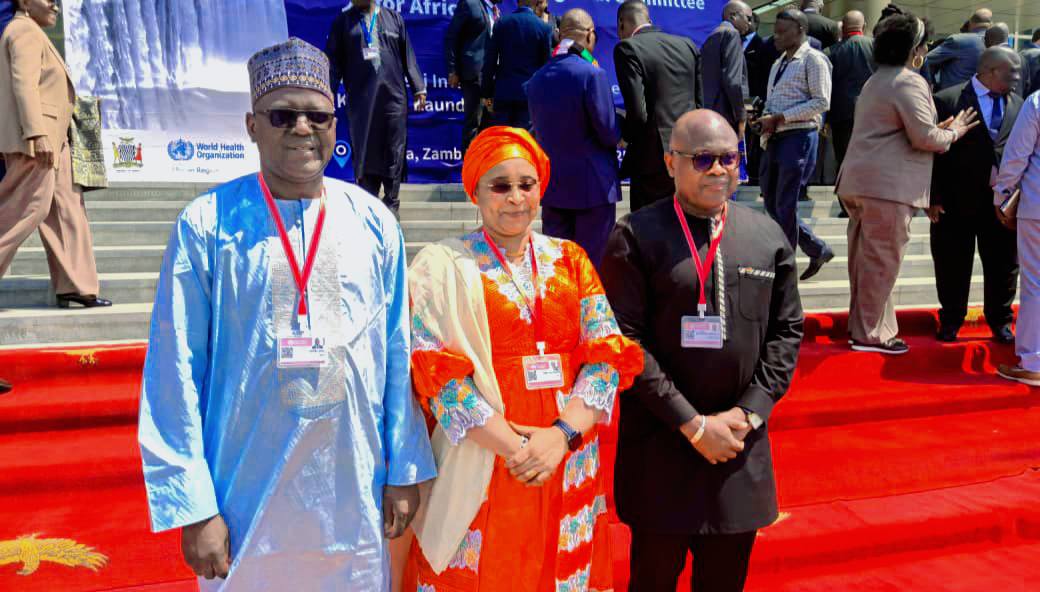
Mali’s Minister of Health and Social Development, Colonel Dr. Assa Badiallo Touré, has been elected First Vice-President of the World Health Organization (WHO) Regional Committee for Africa.
The election took place during the 75th session of the Regional Committee, which opened on 25 August 2025 in Lusaka, Zambia, with health ministers from all 47 WHO African Region member states in attendance.
A military physician by training, Colonel Touré was appointed minister in Mali’s transitional government on 1 July 2023. Since taking office, she has spearheaded several major health initiatives, including the introduction of the malaria vaccine in April 2025 and the launch of the REACH Mali program in June 2025, aimed at reducing infant mortality.
Her election as Vice-President is not merely honorary. The role includes assisting the session chair, participating in the work of the decision-making body, and representing the African Region in selected WHO governance structures. She will also contribute to the preparation and follow-up of resolutions submitted to the World Health Assembly.
For Mali, this appointment represents significant international recognition of the country’s health leadership and ongoing efforts to strengthen its healthcare system. Key national priorities include tackling malaria, advancing universal health coverage, and improving child survival rates.
The Lusaka session, continuing throughout the week, focuses on regional priorities such as health emergency preparedness and response, combating endemic diseases, and strengthening health systems. In this context, Colonel Touré will be expected to play an active role in shaping and implementing strategies for the 2025–2027 period.
Her election underscores Mali’s growing influence in regional health governance and highlights the country’s commitment to advancing public health across Africa. It also positions Colonel Touré as a central figure in discussions addressing the continent’s most pressing health challenges, from infectious disease control to sustainable health system development.



